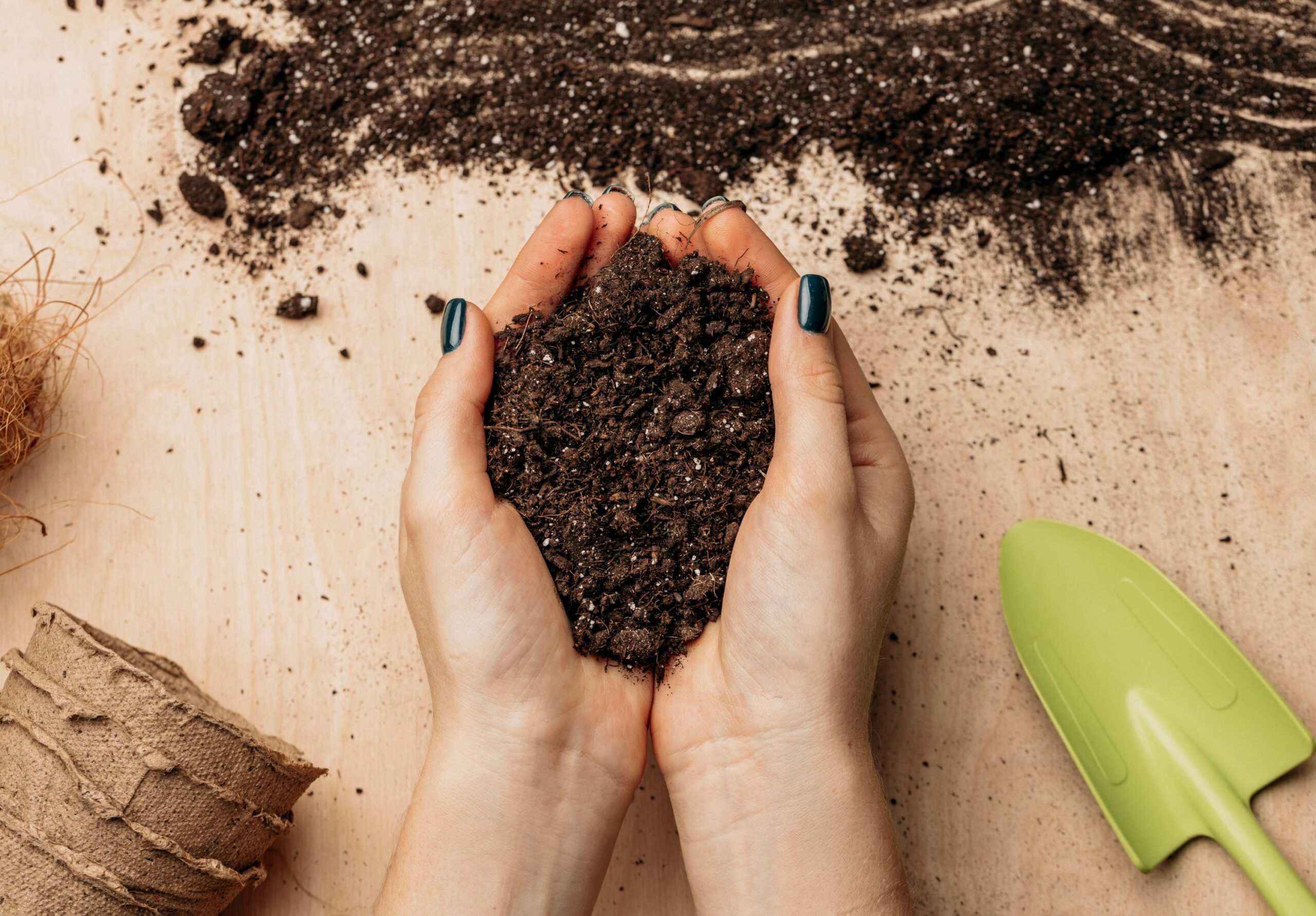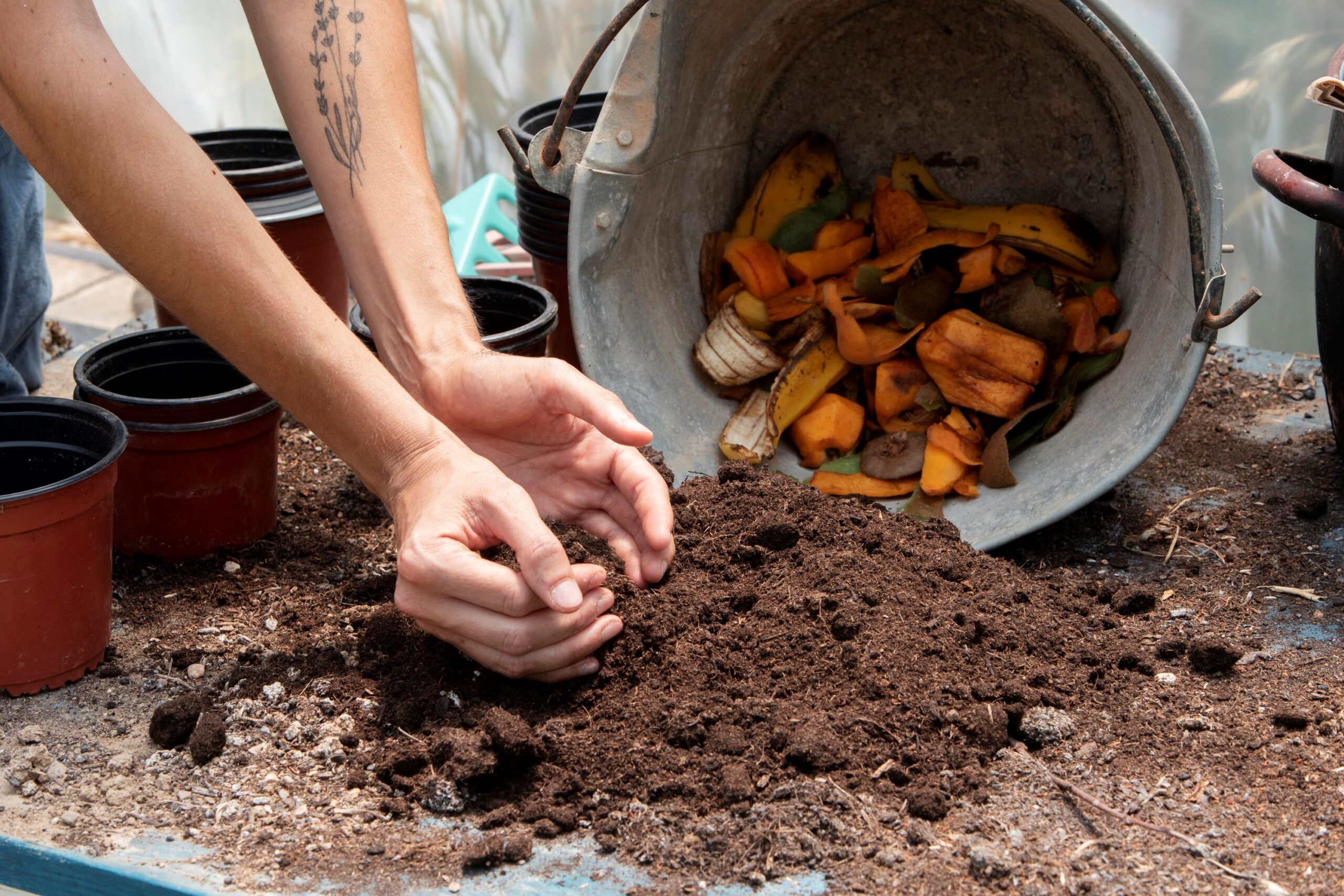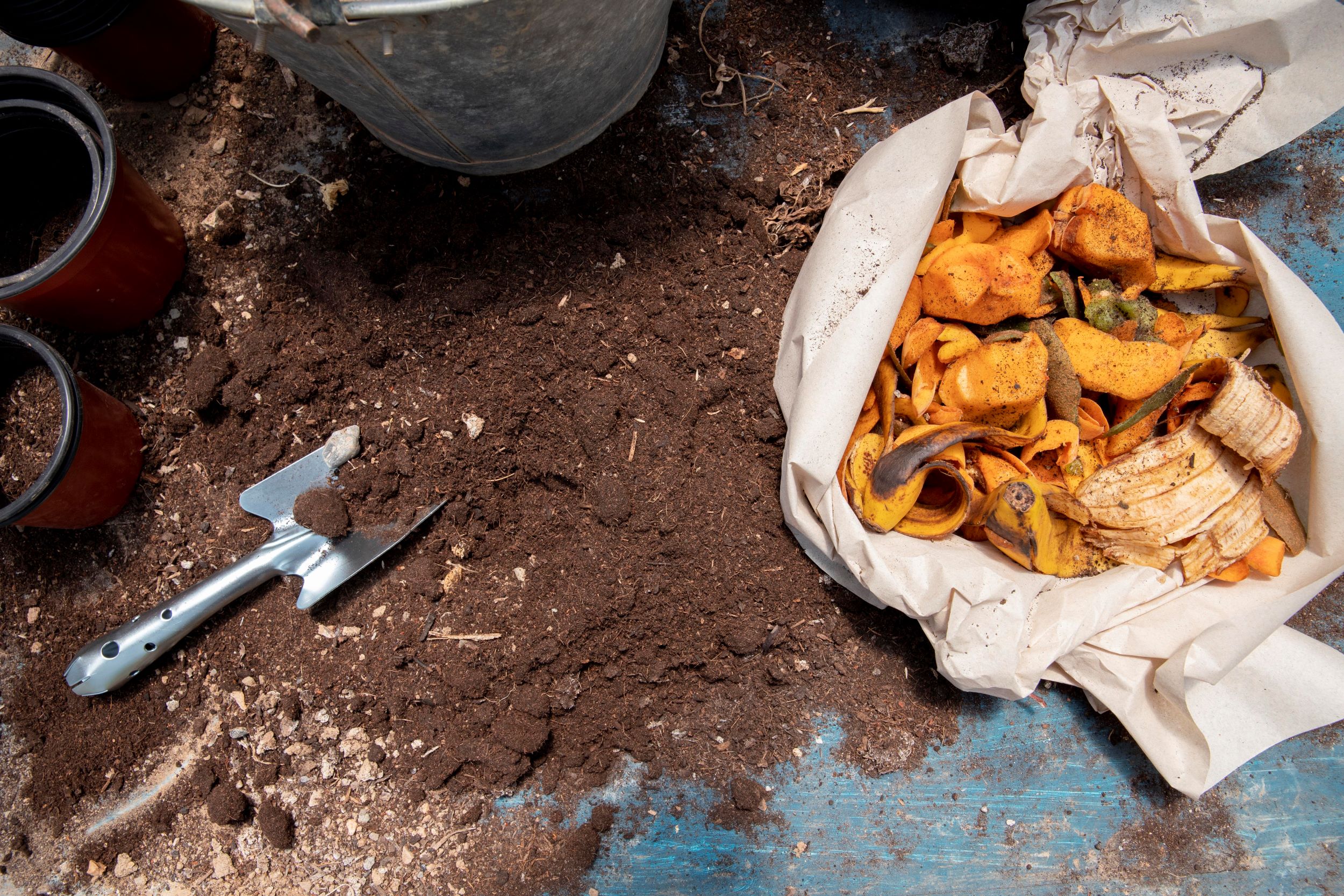
Keeping a beautiful garden requires constant care and dedication, and one of the critical elements to achieving this is ensuring that the soil is well-nourished and in optimal condition to support the growth of flowers, grass, and trees. One of the most influential and sustainable ways to enrich the soil is through compost, a natural fertilizer that provides essential nutrients like nitrogen, phosphorus, and potassium—vital for healthy plant development.
Made from food scraps, dry leaves, and other organic materials, compost improves soil fertility, helps retain moisture, and reduces the need for frequent watering, promoting robust and vigorous growth.
More than just a fertilizer, compost is a pillar of overall garden health. Since it’s composed of decomposing organic materials, it encourages the proliferation of microorganisms in the soil, enriching the underground ecosystem and improving soil structure. This allows plants to absorb water and nutrients more efficiently, contributing to a sustainable life cycle that ensures every plant can bloom to its fullest potential.
Make your own!

Creating compost at home is simple and, beyond nourishing the garden, encourages waste separation and reduces your ecological footprint. This process can be done directly in the garden in a dry, shaded area or a perforated wooden or plastic container for adequate ventilation. Here are some basic steps to make successful compost:
- Base Layer: Start with a layer of dry branches or wood pieces to aid ventilation from the bottom, ensuring all materials decompose evenly.
- Essential Compost Ingredients:
- Green Matter: fruit and vegetable scraps, coffee grounds, plant trimmings, cotton, and eggshells.
- Dry Matter: dry leaves, cardboard, sawdust, and small wood pieces.
- Soil: helps in the decomposition process.
- Water: compost should be kept moist but not saturated.
To prepare compost, alternate layers of green and dry matter are covered with plastic to retain heat and moisture. Stir the mixture once or twice a week to speed up decomposition. The compost will be ready in 1 to 3 months, depending on the amount of green matter used. You’ll know it’s ready when it has a uniform, soil-like appearance and none of the original components are recognizable.

A good compost should not emit foul odors. Avoid adding bones, meat, charcoal, oils, dairy products, animal waste, or trimmings treated with pesticides or chemical fertilizers.
With these simple steps, you’ll get a natural and effective fertilizer for your garden and contribute to environmental care!

